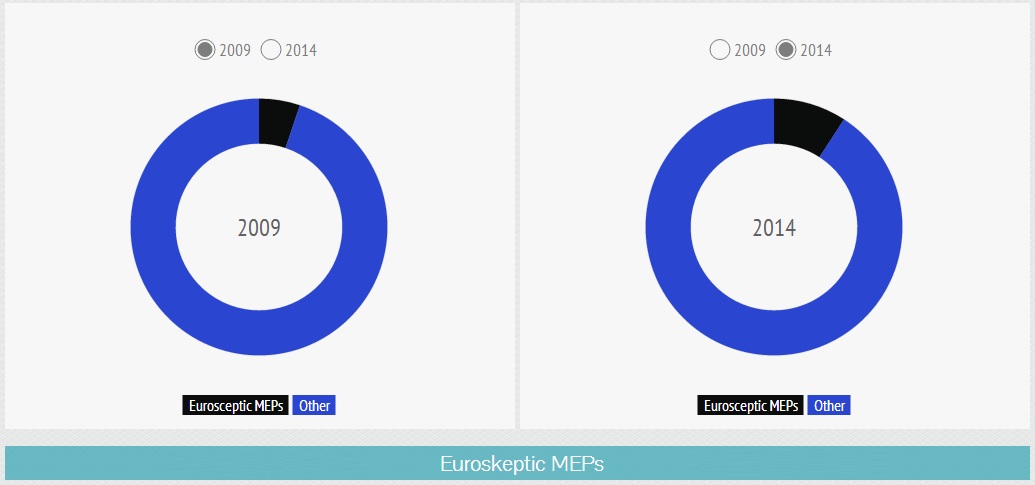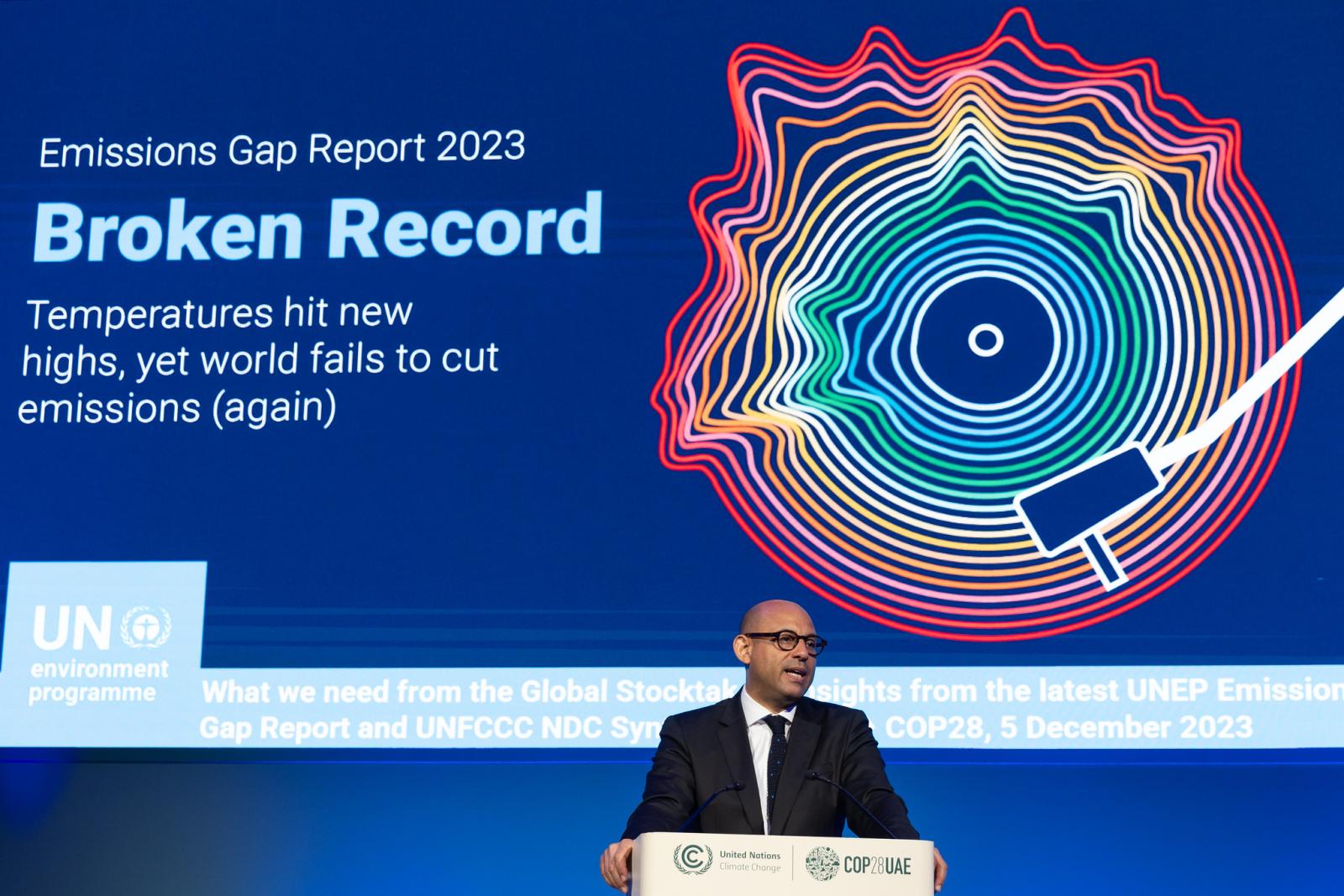The biggest surprise in the European Parliament elections has been the victory of the so called Eurosceptic and Europhobic parties, such as the Front National (FN, from France), the United Kingdom Independence Party (Ukip, from Uk) or the Dutch Party for Freedom. Despite their proclaims, these parties come from different backgrounds and have a different approach to science and research – as clearly shown by an analysis made by Science|Business. In other words, the percentages in favor, contrary or abstained when voting European scientific policies such as Horizon 2020 or Energy Roadmap 2050 are almost the same. This trend is likely to continue in the newly elected European Parliament.
Hawks and doves
The Science|Business outlook is based on how the Members of the European Parliament (MEPs) voted during the last 2009-2014 Parliament about the main scientific policies. Among others, the activities included were the Fuel Cells Joint Undertaking, Energy Roadmap 2050 and, of course, Horizon 2020. These votes clearly show a gap between two set of parties: on one hand, the “hawks”, such as Ukip and Party for Freedom, that constantly voted against the main scientific issues at the EU Parliament. On the other hand, the “doves”, such as the Northen League (NL, from Italy) and National Front, that generally voted in favor or abstained. The analysis has been summarized in the charts below:
click on the image to see the other interactive grapichs
A general value
The reason behind this division among Eurosceptic parties is hard to understand. Looking at the pure political families, both groups contains far right/nationalists and Eurosceptic (or, in some cases, Europhobic) parties: in other words, their composition is similar. Neither the geopolitical factor can explain this rift: both the hawks and the doves come from countries (such as Uk, Netherlands, Belgium or France) with high percentage of R&D investments on GPI. Nor their electoral background helps: their voters’ basin is almost similar, namely countryside working class who fears low cost competition from East Europe and North Africa. Moreover, their voter is likely not interested in science or research policies, so this could not be the point. Maybe, the difference in voting has something to do with general values.
Therefore, the key to read it could be whether they consider science as an issue in the political battlefield or not. In other words, parties such as Ukip and Party for Freedom may consider scientific research as a common political issue, another sector in which the European bureaucracy has too much power. Other parties, such as the Northern League or the National Front may consider it as something in which the European Union can operate effectively or consider scientific research as a “higher value”, out of the political clash, or simply do not care.
Is this a trend?
If so, this analysis could be considered as a trend: they will continue to vote separately, as their vote on science-related issues is based on meta-political considerations. This is likely to be even though their MEPs almost doubled from the 2009 elections (from 38 to 69). Moreover, this is strengthen by the fact that the biggest newcomer, the Italian Movimento 5 Stelle (M5S), has an undefined mood toward research policies. Due to their recent political history and their various voters’ basin, it is very hard to predict something. Rumors say that they are about to join the Europe for Freedom and Democracy group, that is leaded by one of the “hawks” party (the Ukip), but they asked “freedom to vote”.



